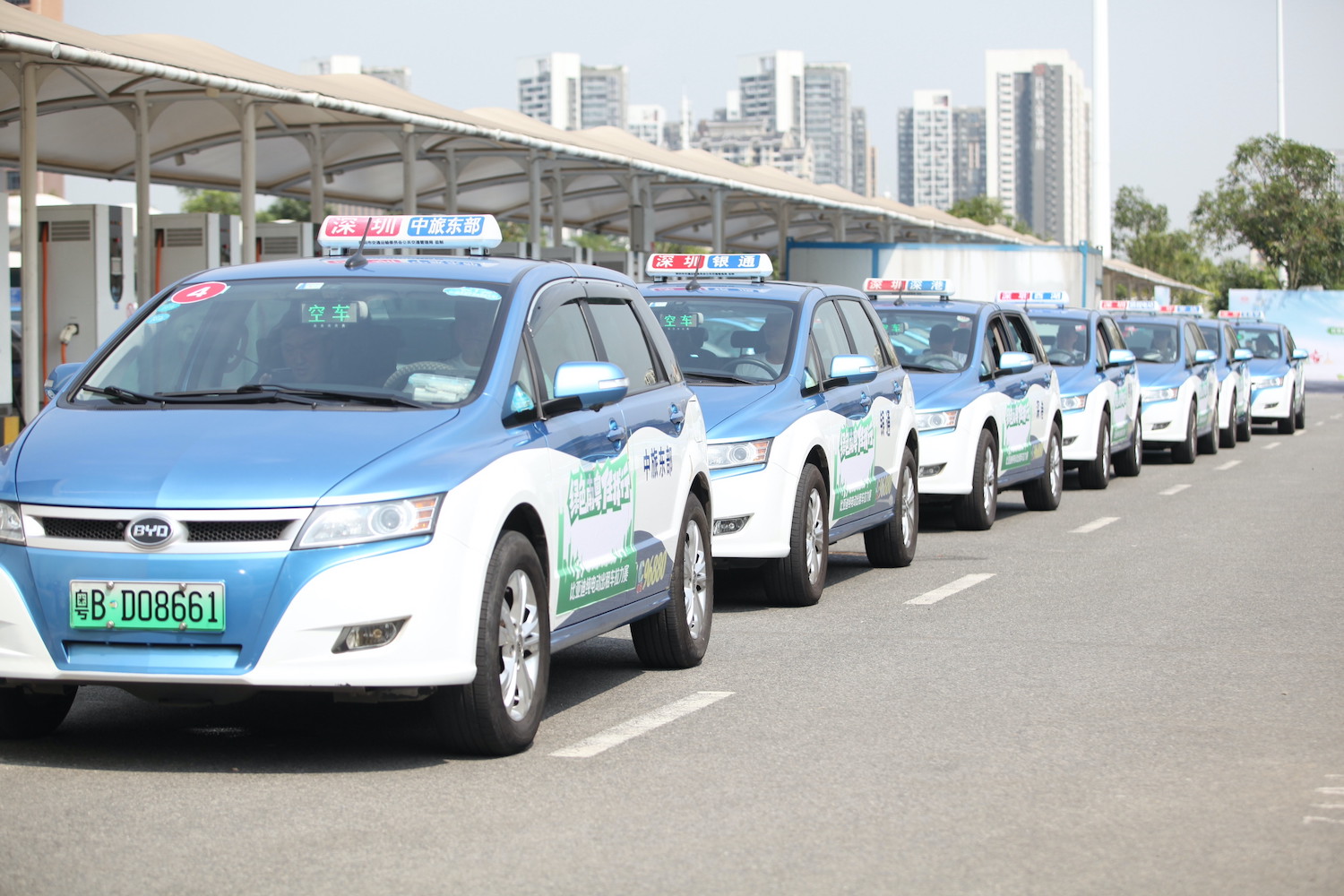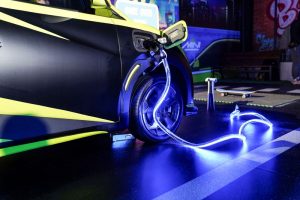China is expected to have sold 1.7 million electric vehicles (EVs) this year, even as chip shortages play havoc with global automakers’ production schedules.
Another 1.7 million EVs were added to the roads of the world’s biggest vehicle market in the eight months through August, according to Xin Guobin, vice minister at China’s Ministry of Industry and Information Technology.
That’s up from 600,000 units in the same period last year, the vice industry minister told an industry conference in Tianjin hosted by China Automotive Technology and Research Center (CATARC). The figure includes battery electric, plug-in hybrid and hydrogen fuel-cell vehicles.
Xin said overall auto sales are expected to hit more than 16 million between January and August, up around 10% from 2020. But he warned that the coronavirus-induced global auto chip supply shortage still remains a pressure point on China’s auto production.
Carmakers the world over have curtailed output this year amid the chip shortage, precipitated by surging sales of consumer technology during pandemic lockdowns. China’s Nio reduced its forecast for the third quarter to around 23,000 from a previous 24,000 vehicles. Toyota said it would be forced to slash production by 40% from September while it waited on new chip supplies.
EV makers such as Nio Inc, BYD and Tesla are expanding manufacturing capacity in China, encouraged by the government’s promotion of greener vehicles to cut pollution.
Nevertheless, Xin said authorities will continue to curb blind construction of NEV projects and will improve supply of key metals including cobalt, lithium and nickel. Automakers should protect vehicle data security and customer privacy, Xin added.
- Reuters and Mark McCord
Also on AF
China’s SMIC To Pump $8.87 Billion Into New Shanghai Chip Plant
























